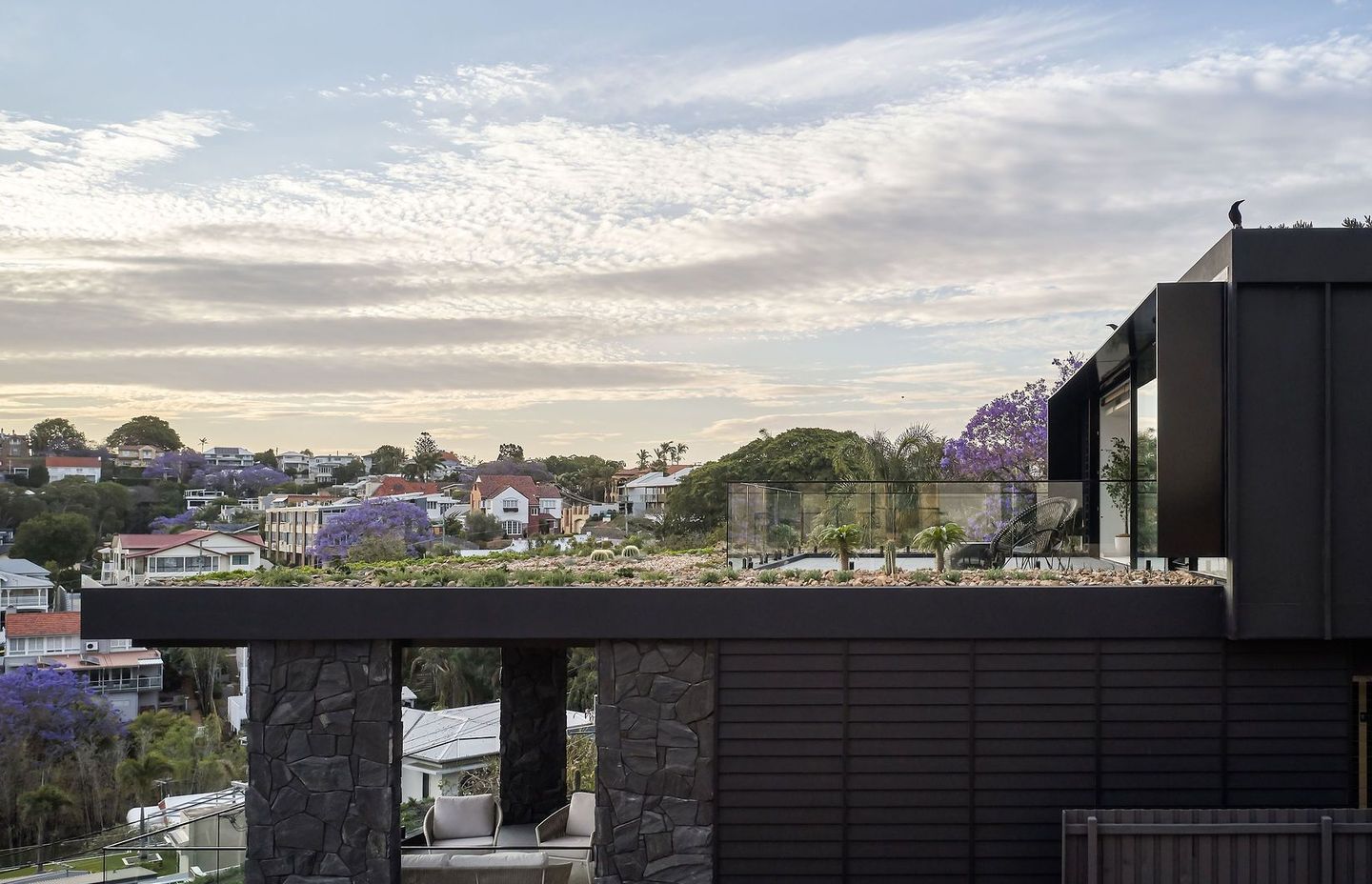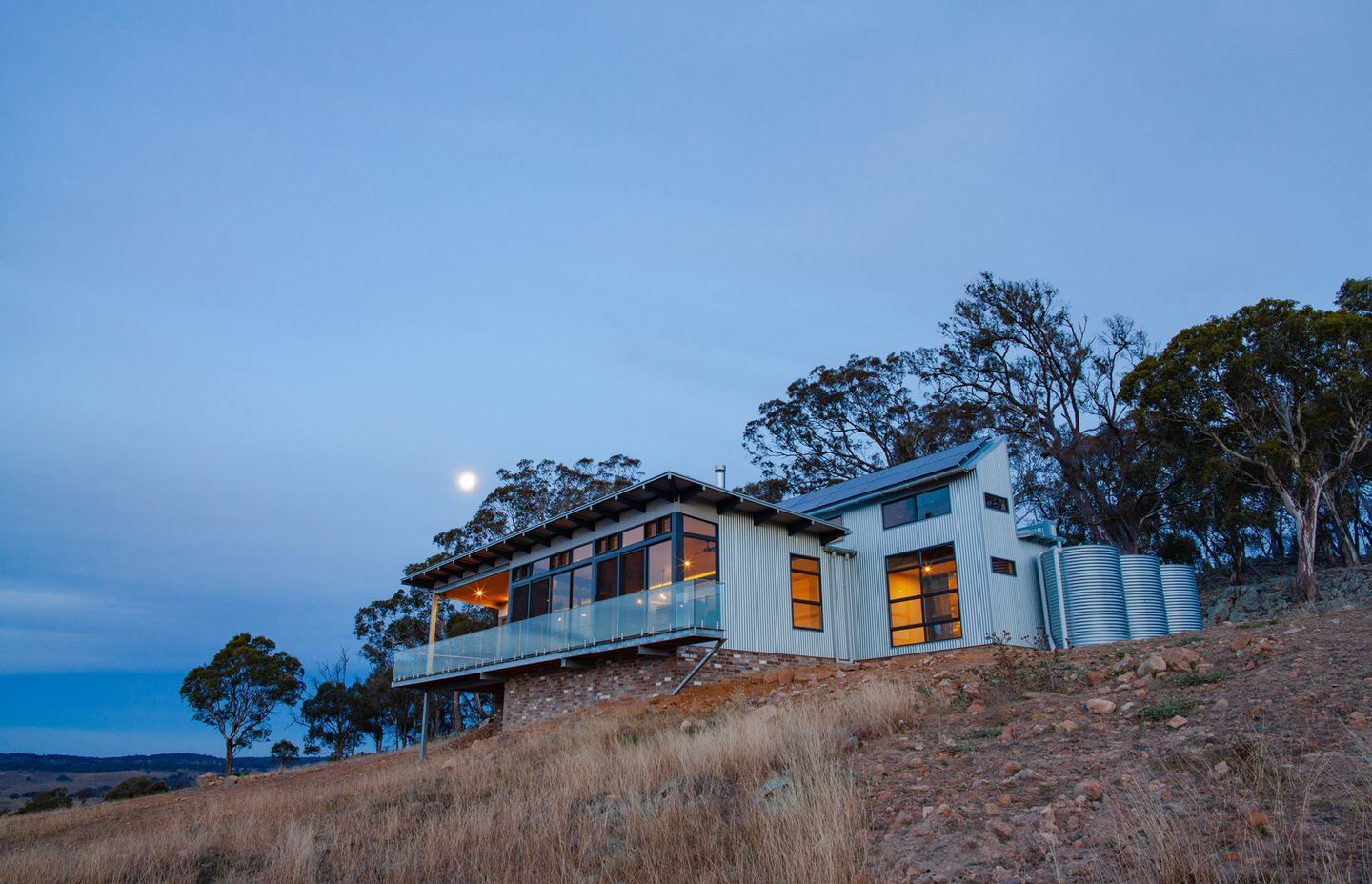Why you need to make the switch to GreenPower
Written by
13 September 2022
•
5 min read

Not everyone is aware that the electricity sector is the largest single contributor of greenhouse gas emissions in Australia. It’s a massive issue that affects us all, and few people know that electricity consumers have the power to make a big difference to this issue, just by making a small change. Switching your household energy use to a renewable energy source via an accredited GreenPower provider and product is the simplest – and one of the most affordable – ways to support climate action. Here’s our guide to getting started.
What is GreenPower?
GreenPower is a government-accredited initiative that allows residential and business consumers to make a financial contribution towards Australia’s renewable energy industry. This is done by off-setting power usage with electricity purchased via renewable generators. You can do this by requesting an electricity retailer purchase green energy on your behalf, at your expense.
What is green energy?
The Australian government defines green energy as a type of energy generated from natural resources that are constantly replenished without the risk of running out, such as sun, wind or water. “Australia has one of the highest – if not the highest – solar penetration in the world. We’re getting all this free energy, so we should make the most of it,” says Dr. Usha Iyer-Raniga, professor of sustainable built environments at RMIT and co-lead of United Nations One Planet Network Sustainable Buildings and Construction Programme. “Fossil fuels have the biggest impact associated with greenhouse gasses, so by using renewables as a source of power we can reduce a lot of emissions.”
How much does GreenPower cost?
It’s estimated that GreenPower will cost the average household only $1 per week more than usual, while minimising your carbon footprint. GreenPower should cost around 4 to 8 cents per kWh on top of an existing electricity rate. To determine the potential cost, multiply your average annual electricity usage by 5 cents. To work out your electricity use, look for the average daily usage figure in kWh on your latest electricity bill. Multiply this number by 365 days and you have your average annual usage in kWh.
How do I get GreenPower?
You can sign up to GreenPower through your current electricity provider, however each retailer will have its own name and branding for its GreenPower accredited product, and it may be marketed as a carbon offset product instead. You will also need to decide if you wish to offset your entire power usage, or a percentage of it. However, the Clean Energy Council advises vigilance when purchasing a product labeled as ‘carbon offset’, ‘greenest’, ‘greener’, or ‘green power’, as in some cases you are buying electricity generated from non-renewable sources (such as coal and gas) which are offset by planting trees, rather than lowering greenhouse gas emissions. Look for the GreenPower Tick to ensure you’re paying for an accredited renewable energy product.
What are the benefits of switching to GreenPower?
While reducing greenhouse gas emissions – and supporting climate action – is certainly the main benefit of making the switch, a GreenPower provider is an excellent way to contribute to the growth of Australia’s renewable energy sector while communicating the demand for green energy to the government. “The reality is we have one earth. If we do not make changes to our consumption and production practices now, then when? There is enough evidence to show that the climate is changing, so we need to move quickly. Consumers can learn to be part of this journey by buying local, turning their backs on fast fashion, and putting solar on their rooftops,” says Usha.
Madeline Sewall, director of houses at Breathe Architecture, shares Usha's opinion, and stresses the importance of choosing green energy to power future projects. "If you’re still connecting to black power, that power is coming from fossil fuels and coal," says Madeline. "Switching to 100% certified green power signals to the government and to the market that there's demand for renewable energy, and that prompts the government to invest more in renewable projects – it’s one of the major levers we have as consumers to demand change."
Read now: Why energy-efficient homes are the future of residential building
Why is switching to GreenPower better than carbon offset programs?
Dr Tania Urmee, associate professor of engineering and energy discipline at Murdoch University, says the main problem with opting for carbon offsets instead of using genuine green energy is that ‘carbon offsets’ simply don't work. “Offsetting is paying for others to reduce emissions, such as planting trees to absorb carbon out of the atmosphere as they grow, or by delivering energy-efficient stoves to communities in developing countries,” says Tania. “Protecting forests, planting new trees, and restoring natural ecosystems is vital for the climate, but we should be cutting emissions directly to reduce the amount entering the atmosphere, and planting trees won’t do that. To prevent the world from warming, we need to act immediately to stop the consumption of fossil fuels.”
Furthermore, Tania urges consumers to remember that carbon offsets only work in our current climate. If the climate deteriorates further, offsets will have little to no effect and storing carbon in trees will become increasingly unstable. “Drought, fire and flood – as well as long-term shifts in local climates – will see many of the offset projects created today destroyed over the coming decades. And, as these trees die, the carbon is re-released into the atmosphere to warm the planet," says Tania.
Find more inspiring articles and interior design advice on ArchiPro.





